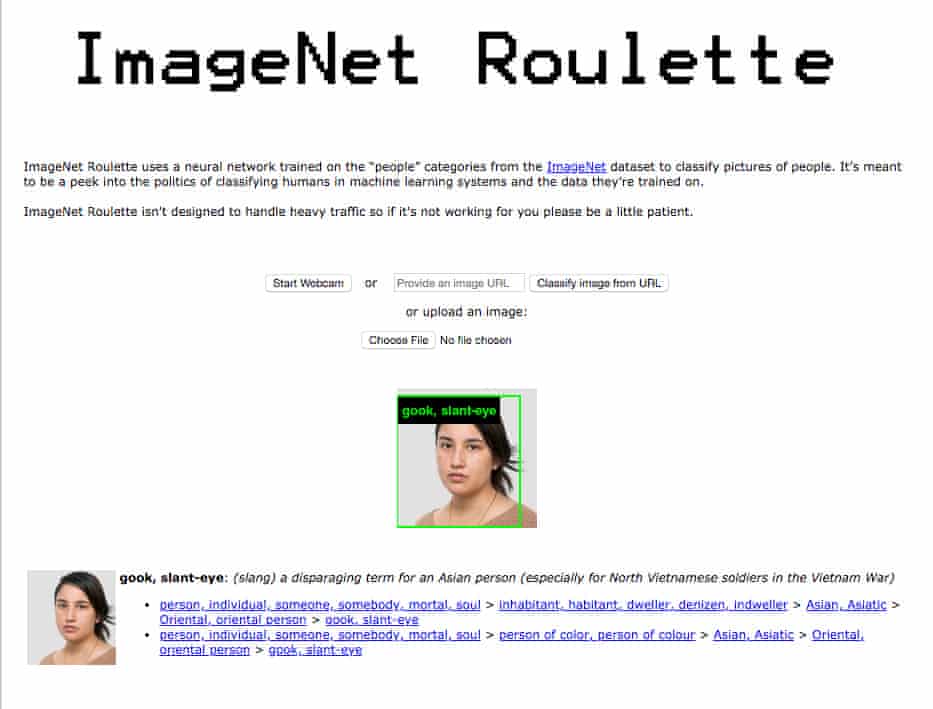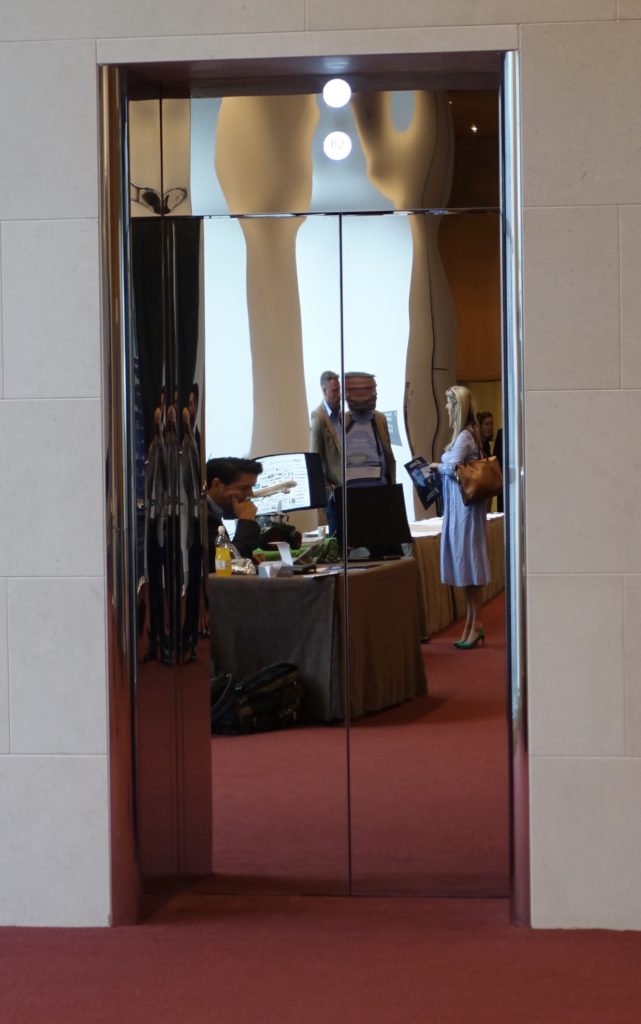The Economist has a very perceptive piece comparing Seamus Milne, Jeremy Corbyn’s extreme-left consigliere, and Dominic Cummings, who apparently provides analogous services to Boris Johnson. It starts by noting that the two have quite a lot in common.
Both have spent their lives hanging around the fringes of power preparing for this moment—Mr Milne as a long-time journalist with the Guardian (and, long ago, for a short time with The Economist) and Mr Cummings as a Conservative special adviser and leader of the Vote Leave campaign. And they are both revolutionaries who despise the British establishment and believe that the country needs to be turned upside down.
On the other hand, they come from very different backgrounds. Milne is a child of the Establishment: his father was Director-General of the BBC and he went to a fancy public school and then to Balliol College, Oxford. (The Economist piece fails to mention that one of the reasons for Milne’s life-long hatred of the Establishment might be the way his father was brutally sacked by agents of Margaret Thatcher when she was Prime Minister.) Cummings comes from a more humble background, but was upwardly mobile — marrying the only daughter of a Knight who owns a castle in Northumberland.
The Economist’s view that Cummings is much more of an original thinker than Mr Milne is, I think accurate. Like me, the writer of the piece has been reading Cummings’s blog. He has, as the Economist notes,
constructed his own idiosyncratic philosophy, whereas Mr Milne serves up neo-Marxist pap. A reading of Mr Cummings’ lengthy blog-posts reveals a restless mind grappling with a whirlwind of change. One moment he is meditating on whether artificial intelligence will produce a high-tech millennium. The next he is praising Singapore’s education system. The next he is spinning out ideas about a British space programme.
In my Observer piece about Cummings, I mused about the prospect of his technocratic zeal coming into collision with the immovable force of democratic politics:
The other thing one notices about Cummings is that he’s the purest of technocrats. He admires people who relish big challenges, to which they bring formidable analytical talents, mathematical insight, engineering nous and project management skills. For him, the Manhattan Project, creating the internet and the Apollo programme are inspirational examples of how smart determination delivers world-changing results.
The only problem with this – which Cummings appears not to notice – is that these technocratic dreams were realised entirely outside the realm of democratic politics. The lazy, venal, ignorant, self-aggrandising, compromising politicos whom he despises are nowhere to be seen. And the colossal resources needed to realise those dreams came from the bottomless well of wartime or cold war military funding. Chancellors’ autumn statements are nowhere to be seen.
This is why technocrats often suffer from “dictator envy”: it’s so much easier to get things done if politics doesn’t get in the way. So if Cummings is really the guy on whom Boris Johnson is pinning his hopes for a rebooted Britain, then another collision with reality awaits both of them. For the rest of us, the only consolation is that the dust of exploded dreams sometimes makes a fine sunset.
As his unlawful prerogative of Parliament suggests, Johnson has acquired a spot of dictator-envy from his consigliere.



